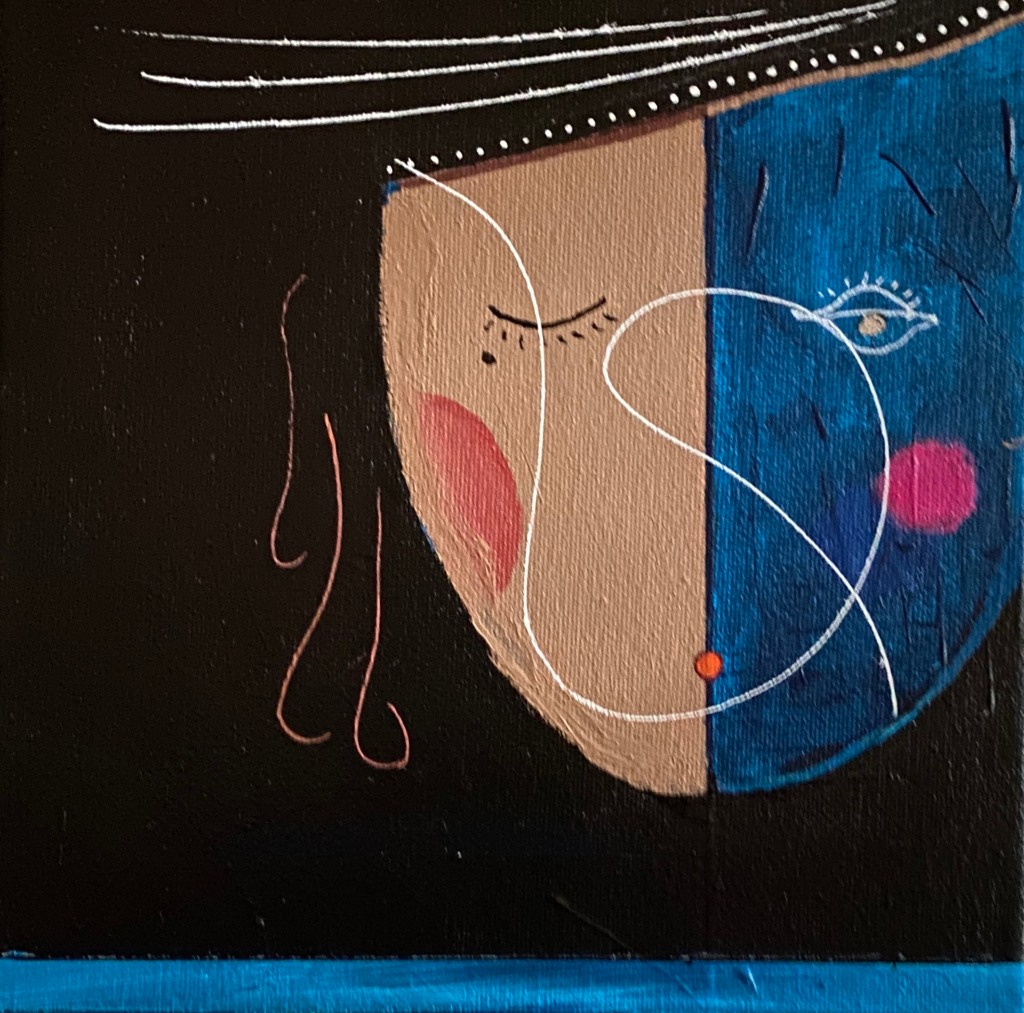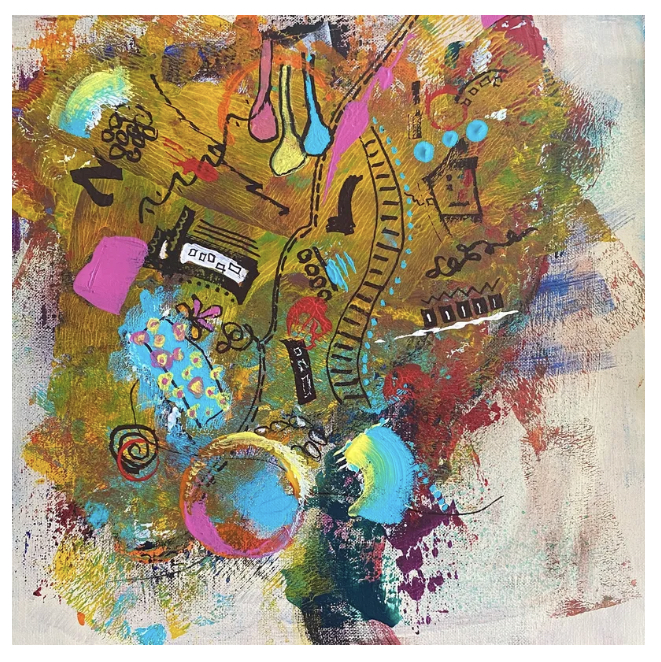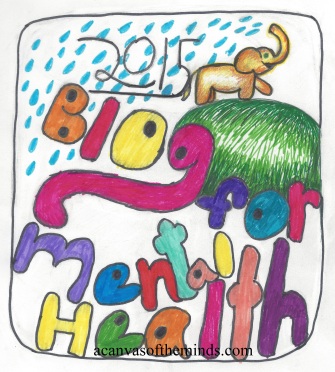I am currently working with a client who is smart, funny, irreverent, and inspires me so much that I asked her if I could write a blog post about her. Dee is 73 years old and entered therapy for the first time 2 years ago during the pandemic. Although Dee knew that she needed help since she was a teenager, she was not given the opportunity to go as child because her mom didn’t believe in therapy. As an adult she didn’t have insurance until she started receiving Medicare. Nevertheless, she didn’t resign herself to a life of suffering and sought therapy when it became an option.
Therapists often say that they learn as much from their clients as clients learn from them. Here are some of the things I’ve learned from Dee:
- If you live long enough, you will probably experience trauma. Dee lost her dad when she was 15 and her mom was not able to help her navigate her grief. As a result she turned to her first boyfriend for support, only to lose him to a motorcycle accident, thereby doubling her grief. After that she had several more relationships with men who were bad for her in different ways–several of whom were outright abusive. Trauma inevitable if you live long enough. It would do us all some good to give ourselves permission to get help when we need it.
- Change is possible if you work hard at it. Even though change is possible, it isn’t probable unless you really want it, and most people don’t like change. Dee is diagnosed with depression, anxiety, trauma, and binge eating, and these conditions were exacerbated with the isolation of the pandemic, as it was for many people. The turnaround she was able to experience in improving her condition in a 2 year time frame is remarkable.
- A long life is a sign of resilience. Without access to therapy, Dee unknowingly created her own treatment to cope with her suffering: she began a business working one-on-one with individuals and families to train their own service dogs. These dogs were trained to the same high standards as national service dog organizations – a process that took 1-3 years. Partnering with her clients, she trained autism, medical alert, psychiatric, and mobility service dogs. And she was really good at her job. She found a way to combine her passion for dogs, the need for social connection and self-soothing, and with her need to make a living.
- Growth is always possible. In addition to focusing on ways to address her depression, anxiety, trauma, and eating issues, our work focuses on developing spiritual growth, gender identity, and intellectual and creative interests. Dee often talks about how lucky kids are today who have labels like transgender and nonbinary so that they don’t have to force themselves into a category that doesn’t fit. In the last few weeks Dee has begun exploring her identity as a lesbian–literally trying on new clothes, joining Facebook groups, and giving herself the opportunity for the social connection that she has gone without for her entire life.
- You can teach an old dog new tricks. Less than a year ago Dee decided to take up painting, even though she had never done it before. In that short amount of time, she has her work shown in several local galleries and has sold several of her paintings–one of them to me! Dee recently decided to use her art to bring awareness to social justice issues by linking some of her pieces with information related to causes that are important to her. I encourage you to check out her art work at http://fullcircleartworkx.com. The painting above is a self-portrait that explores the commingling of masculinity and femininity that she entitled They. I bought the piece below, entitled Heartfelt. Which I find poetic because Dee told me in a session that she always knew that she would fall in love later in life, and she did–with painting.







